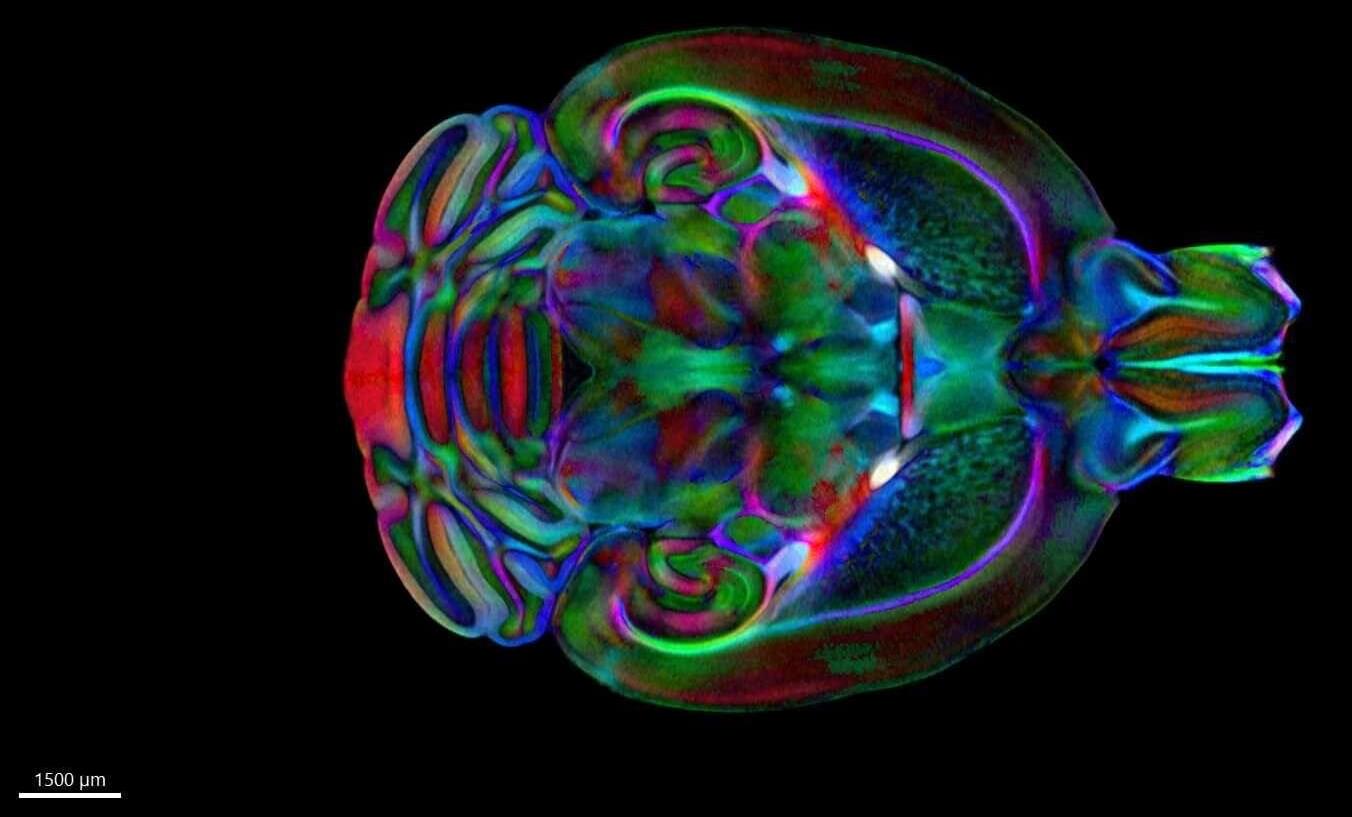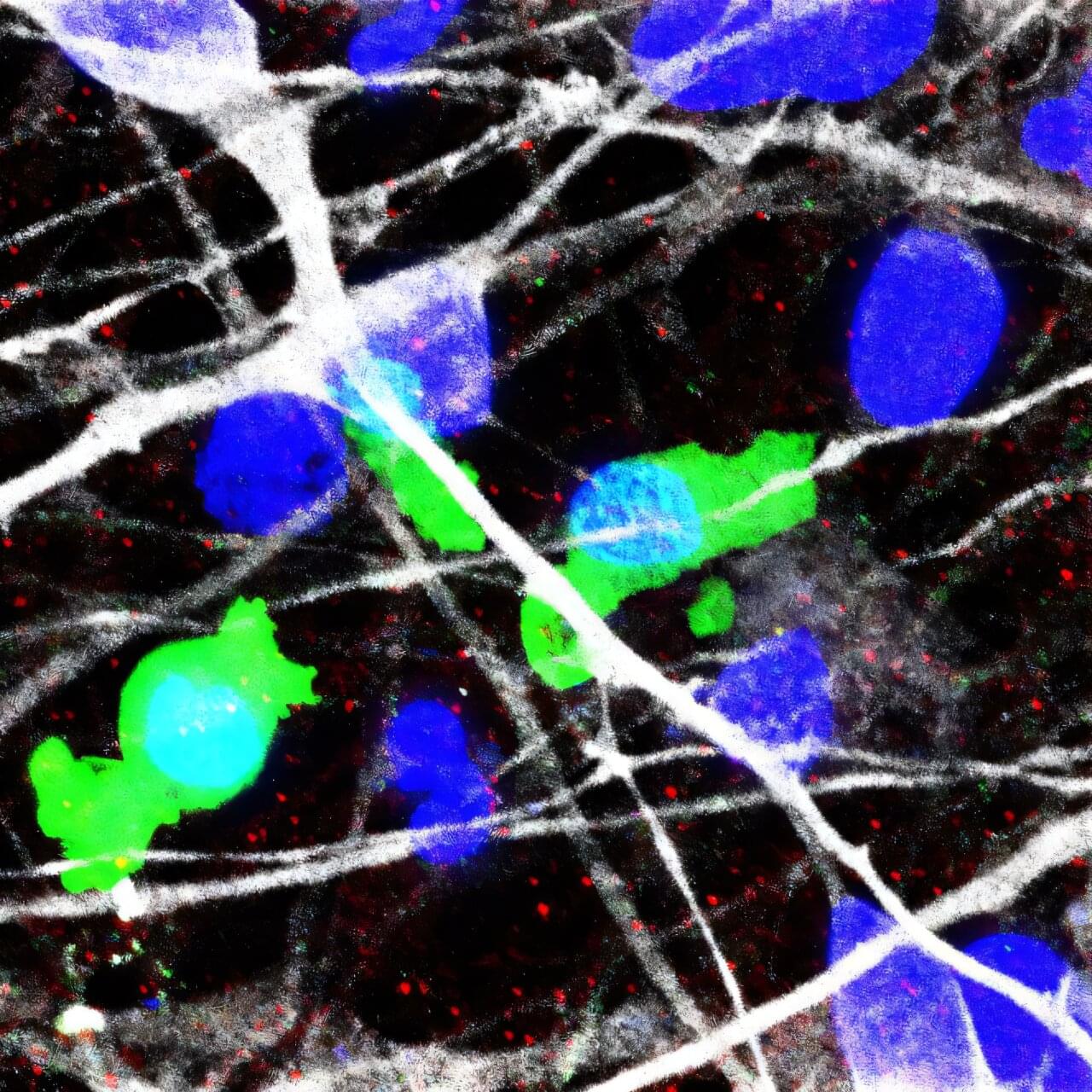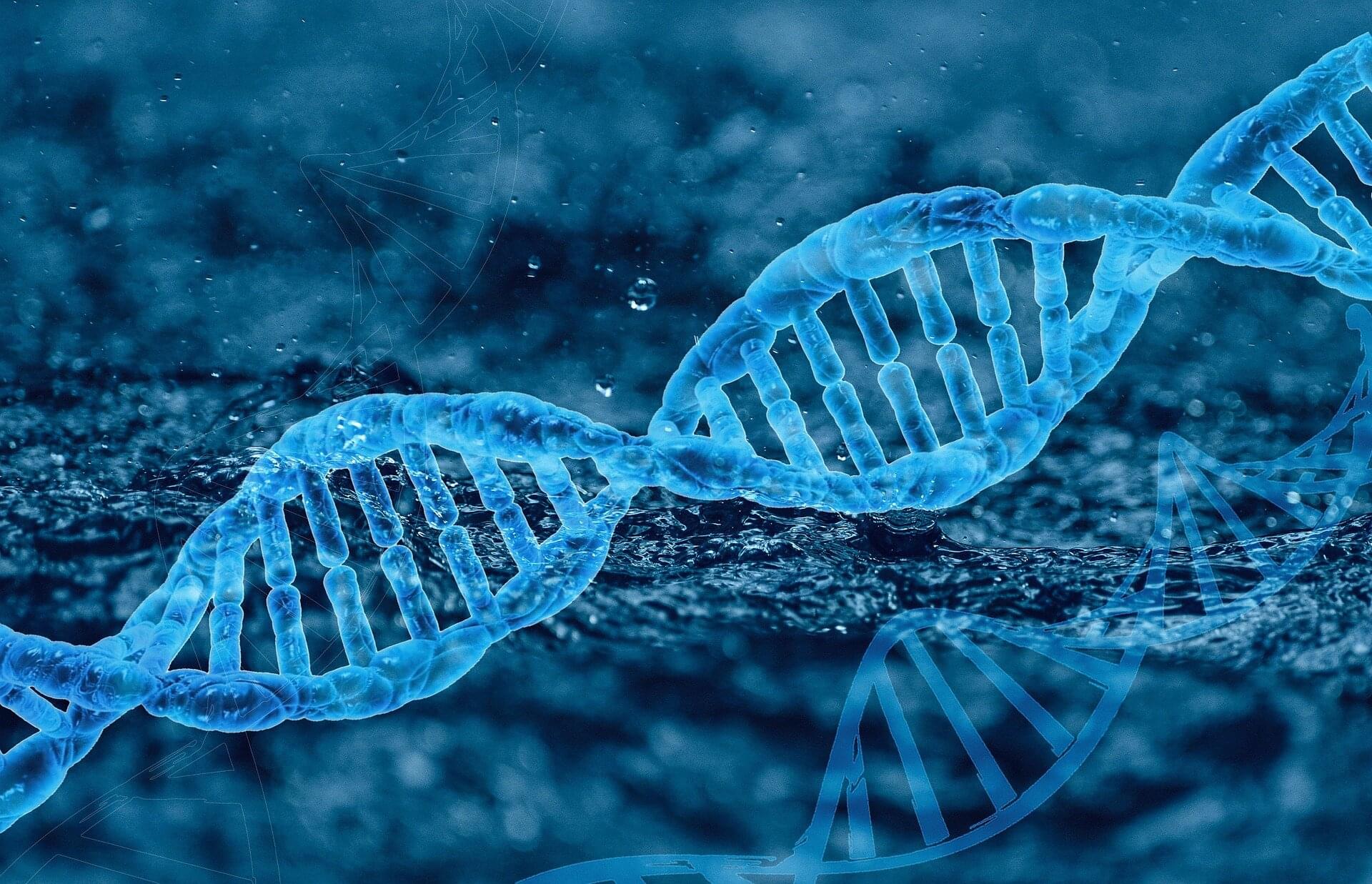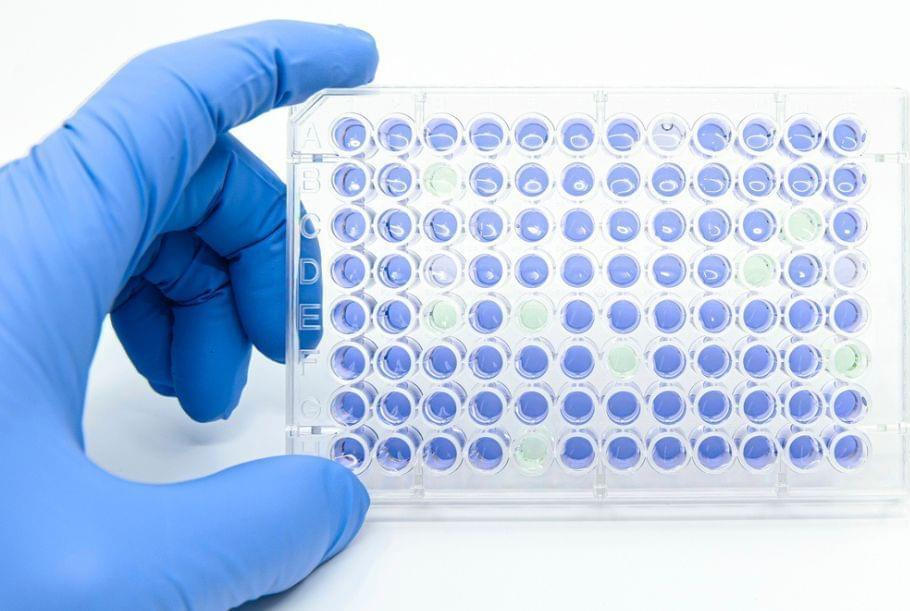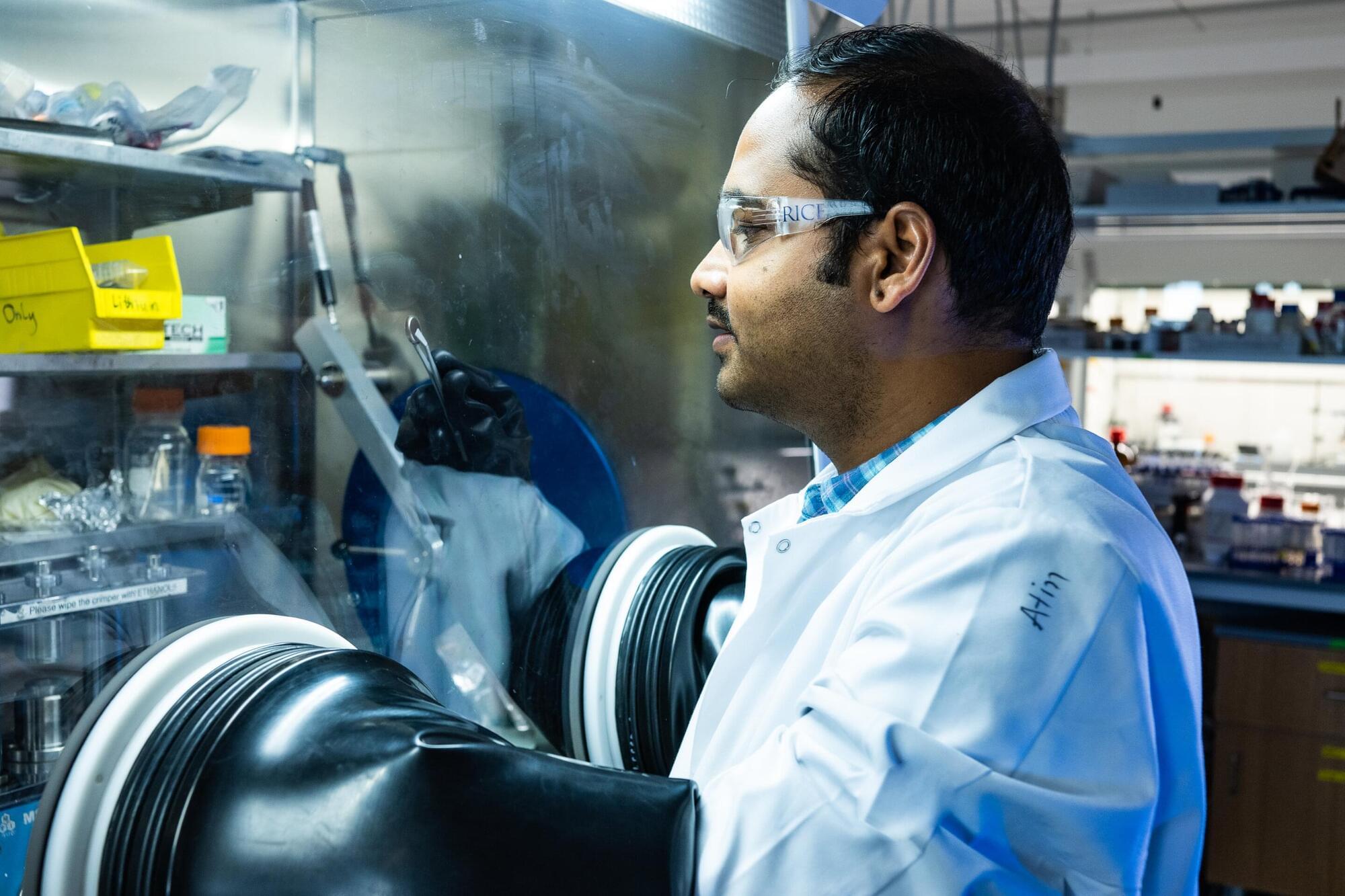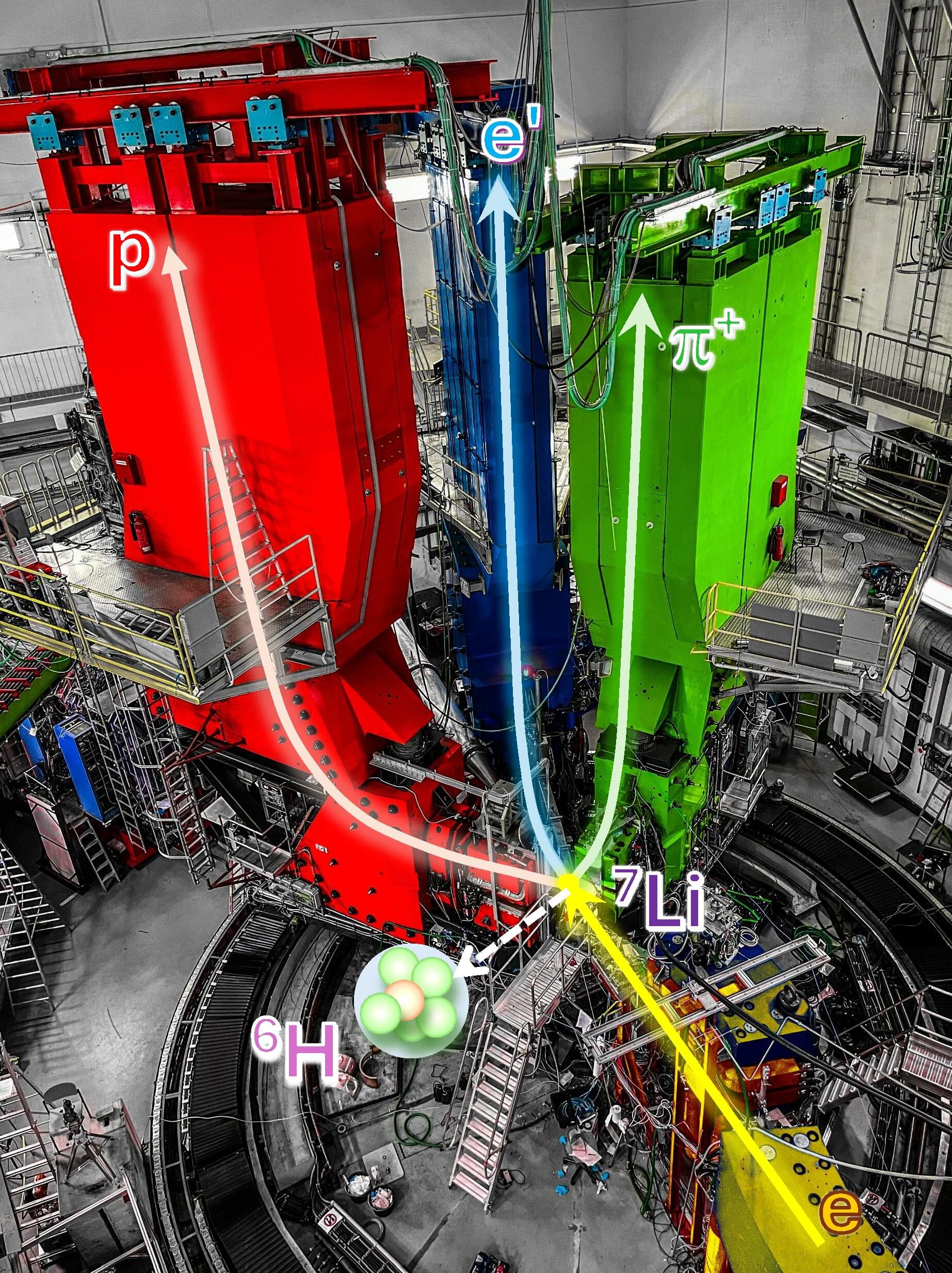AI is slated to disrupt traditional jobs, but could also give all people previously unthinkable leverage.
Mark Zuckerberg, CEO of Meta Platforms, has shared some compelling thoughts on the future of artificial intelligence. On a podcast, he posited that AI will eventually surpass individual human intelligence, but, interestingly, argued that this is already happening in a certain sense. His core idea revolves around the combined intelligence of large organizations already functioning as a form of “superintelligence” that individuals can tap into, a power he believes AI will democratize.
“I think that we’re going to get general intelligence,” Zuckerberg stated. “We’re going to have systems that are smarter than any individual, and I think it’s mostly going to be very empowering for people.”
